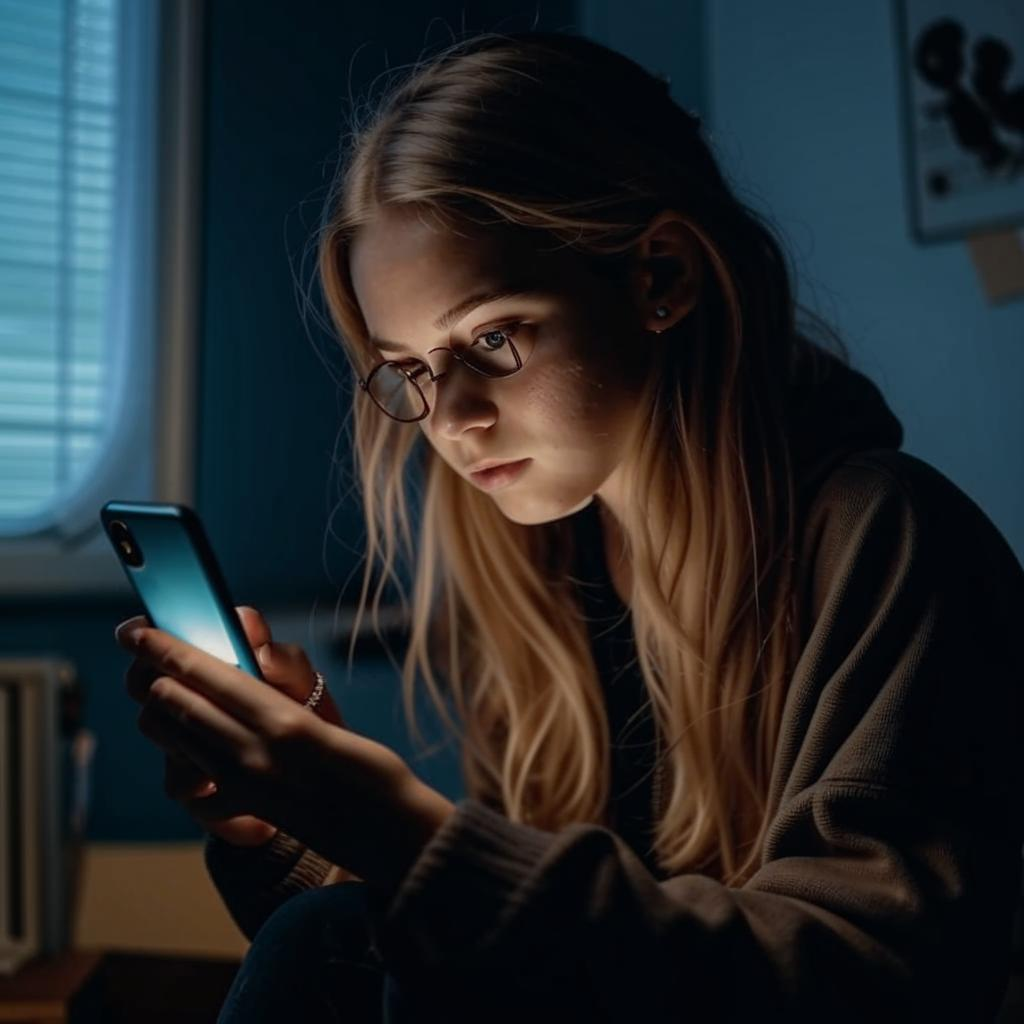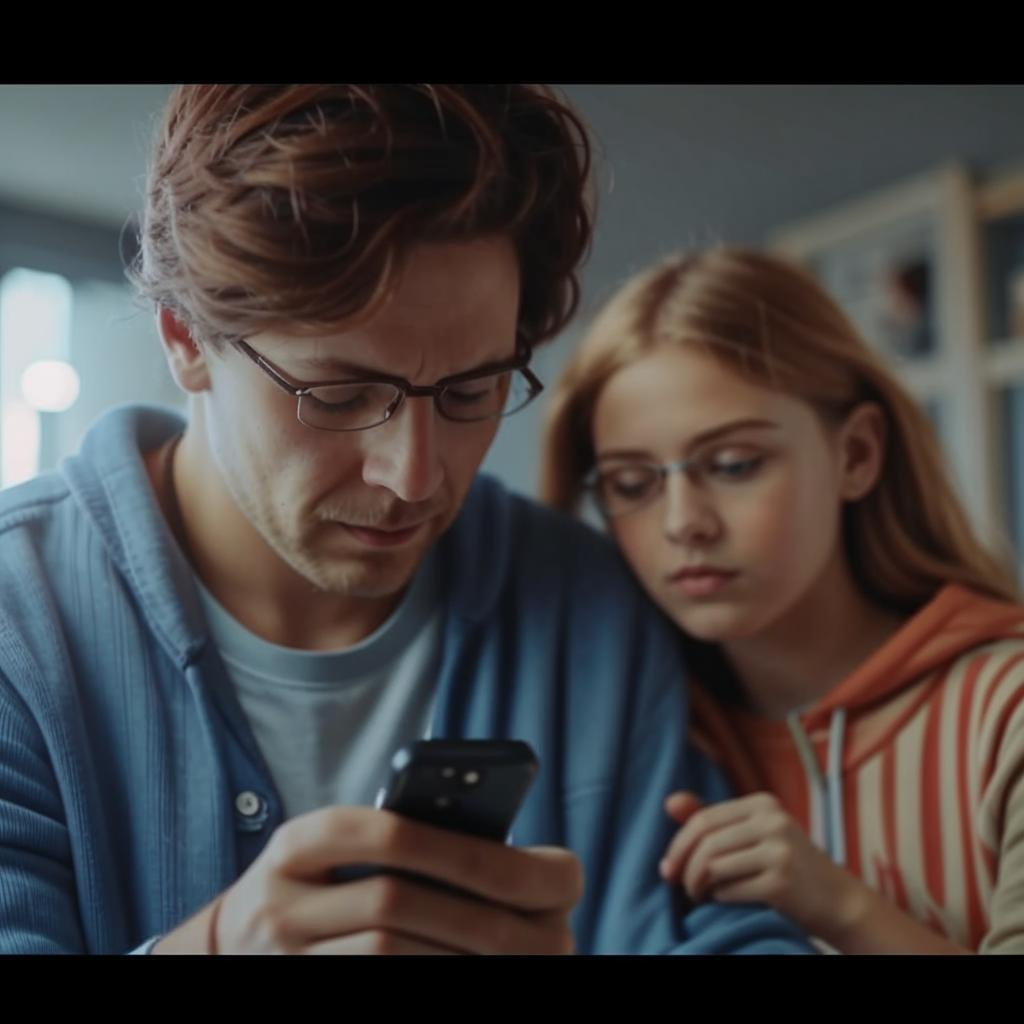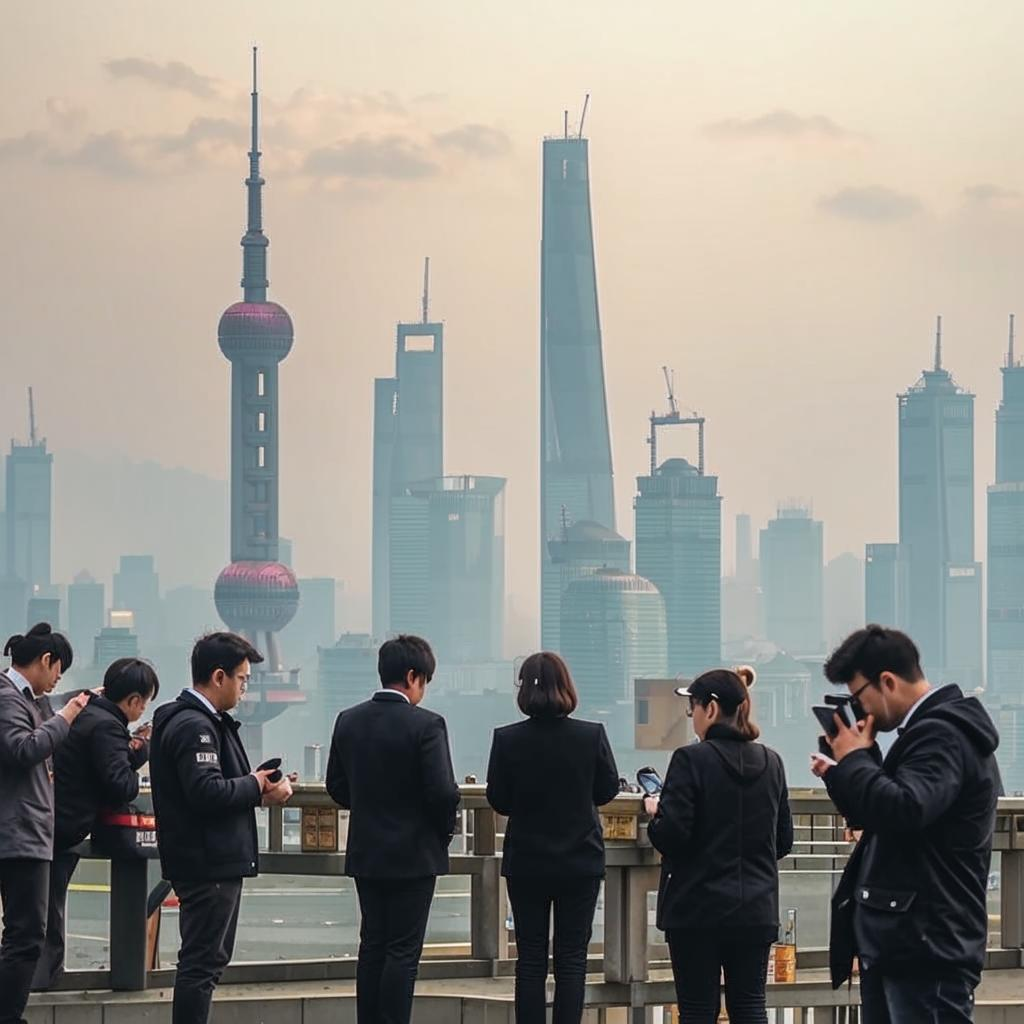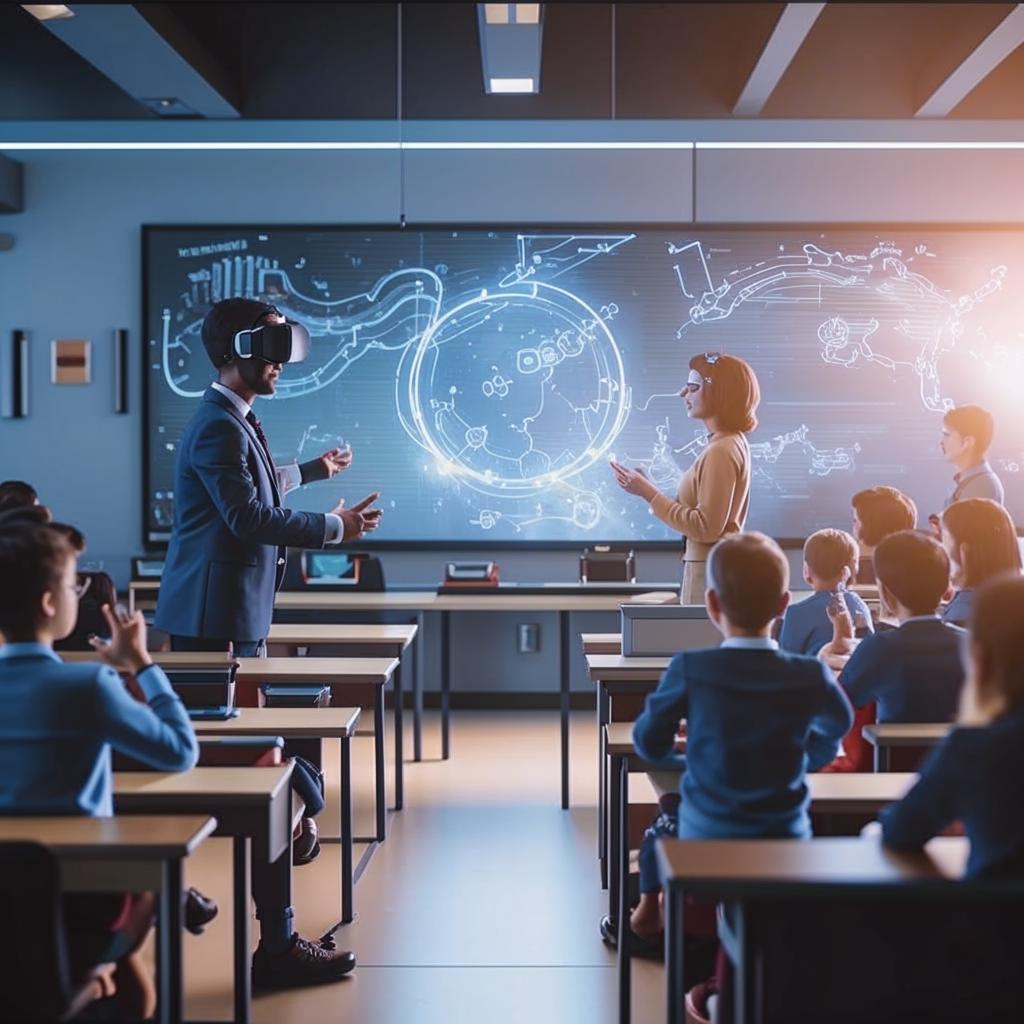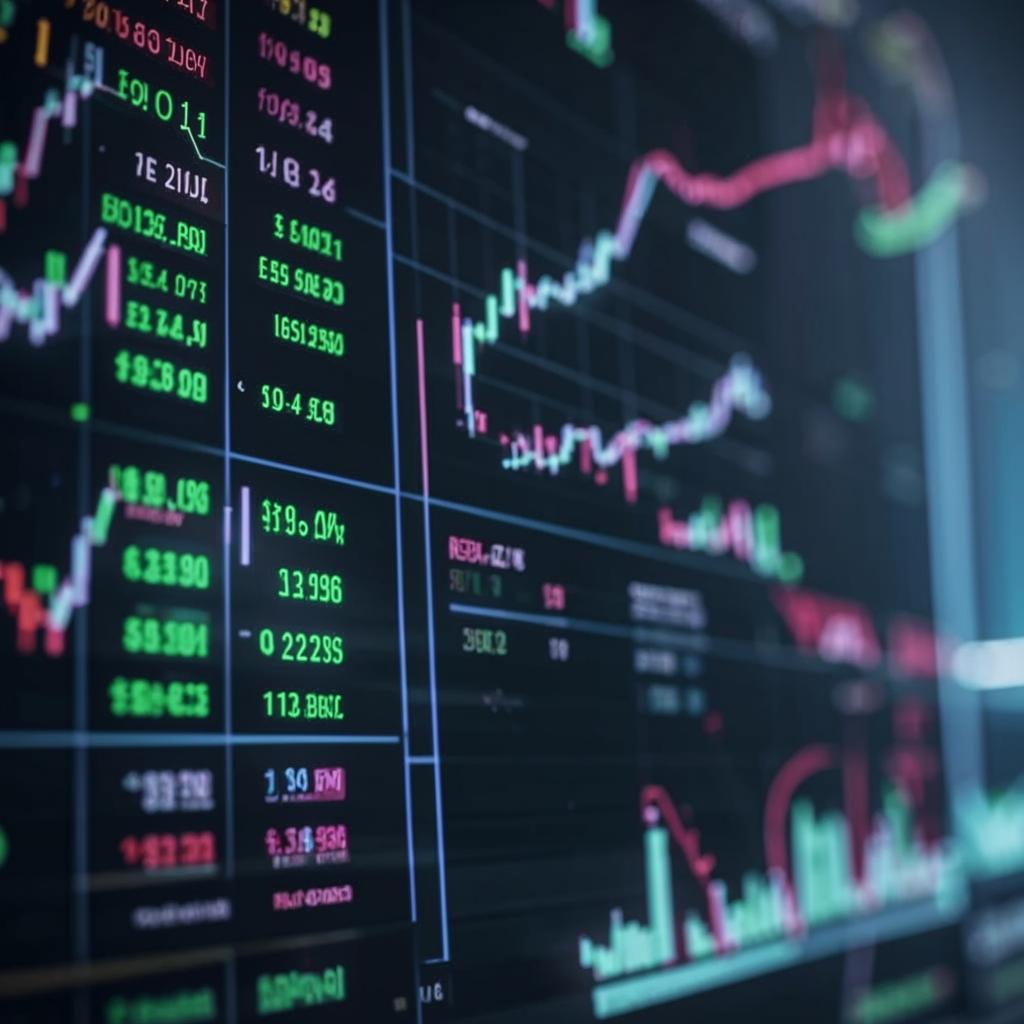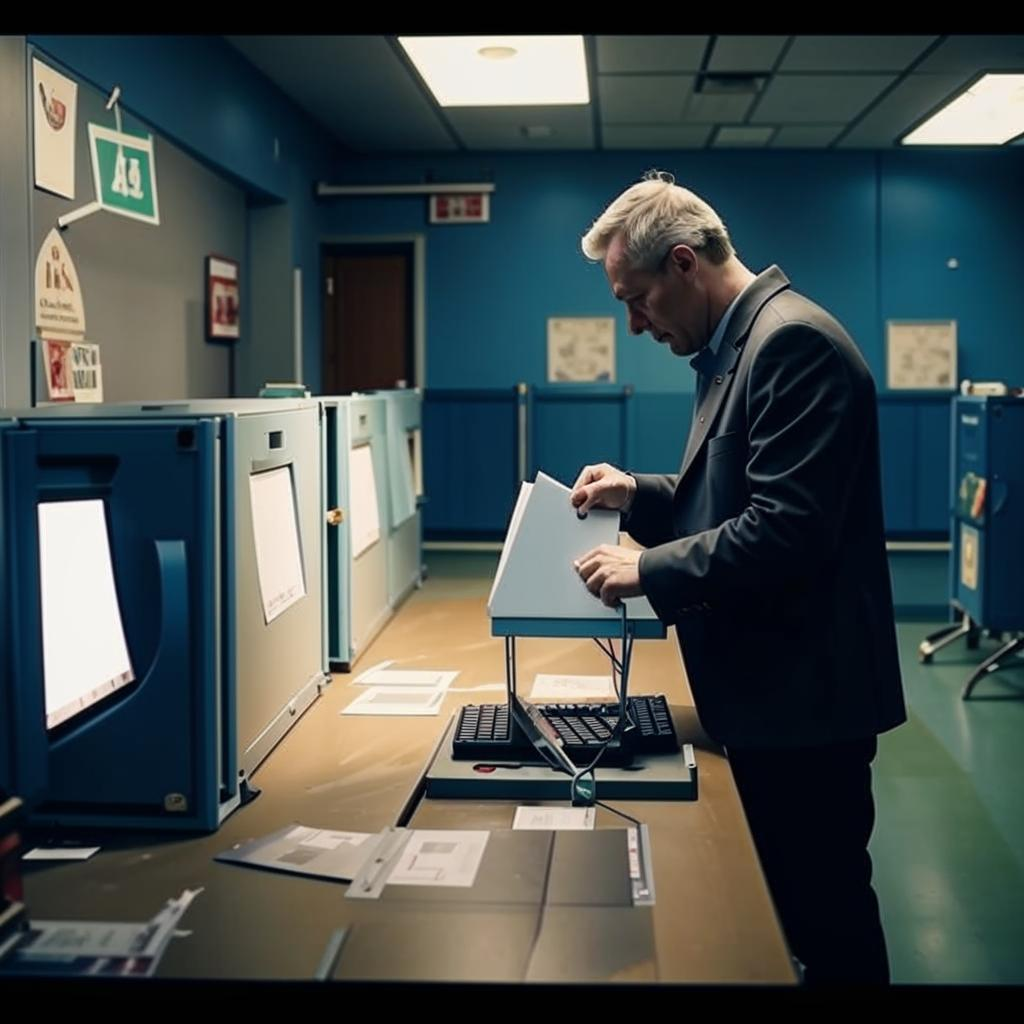Social media’s pervasive influence on young people’s mental well-being is under increasing scrutiny. A growing body of research, including a recent study published in the Journal of Adolescent Health , links excessive social media use to heightened rates of anxiety and depression among teenagers. The constant exposure to curated, often unrealistic, portrayals of others’ lives fuels feelings of inadequacy and social comparison. Teens are particularly vulnerable to these effects as their identities and self-esteem are still developing.
The pressure to maintain a perfect online persona, garner likes and followers, and avoid missing out (FOMO) creates a relentless cycle of validation-seeking. Cyberbullying, another prevalent issue on social media platforms, further exacerbates mental health problems. Experts emphasize the importance of responsible social media consumption, encouraging parents to set boundaries and promote open communication about online experiences.
Strategies for mitigating the negative impact include limiting screen time, engaging in offline activities, and fostering a strong sense of self-worth independent of online validation. Schools and mental health professionals are also playing a crucial role in educating teens about the potential risks of social media and providing support for those struggling with anxiety and depression. Finding the right balance is key to navigating the digital world while safeguarding mental health. The conversation about social media’s impact and how to create a healthier and more mindful online environment has never been more important.
